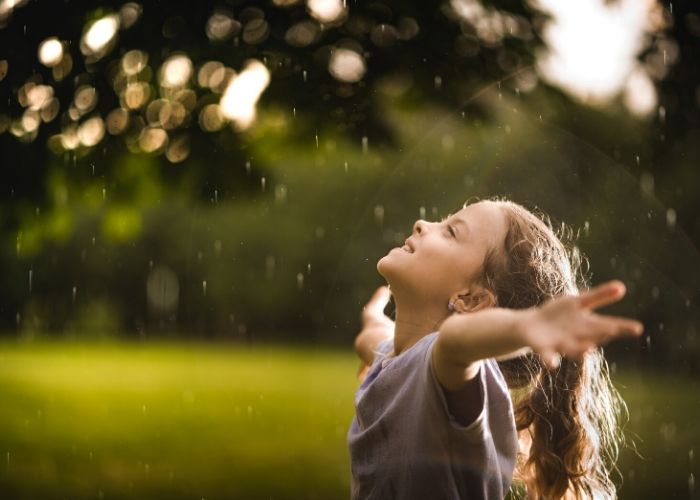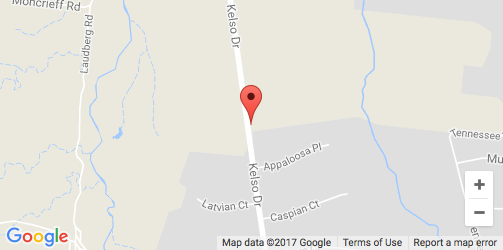|
What is Evaporation? Knowing that the long hot days can roll on for weeks or months, what does evaporation really mean in the terms of your lawn and plants? For the water cycle to work, water must get from the Earth's surface back up into the sky. Evaporation is the invisible process that changes liquid into water-vapor gas, which then floats up to become clouds.
In gardening terms, it’s a callous circle that draws moisture of out the ground so that the clouds can build up enough to rain it back down again. On a hot summer day in NQ the evaporation rate could be something like 8mm, which translates to 8mm of moisture going out of the ground into the atmosphere. To compensate for evaporation, your ground needs at least 8mm of water just to be replenished. Therefore, if you want to encourage any living plants to grow, you need to give them something more. The healthier your lawn the better it will cope with extreme weather conditions. Any avid gardener would advocate that quality soil, efficient irrigation systems, aeration, regular fertilising and good mowing techniques make a world of difference. For garden beds, this would also include a generous and rich coverage of mulch. We would encourage you to water your lawn deeply and consistently a few times a week. Short frequent watering will cause your grass to have a shallow and weak root system that will leave it thirsty and vulnerable to evaporation and heat stress. Nothing beats good soaking rain to help your lawn and garden grown. Watching a reliable weather forecast or probably the weather itself, might give you an indication of how likely it is to rain. It’s always a shame to give your lawn a good drink in the afternoon, only to have the sky open up that night. Be mindful of automatic irrigation systems. If it doesn’t have a rain sensor feature, we find the easiest way is to switch it off is to turn the dial to the off position, so that you don’t lose any of your set programs. Just remember to turn it back on in the coming days or weeks. In opposition to higher evaporation rates in Summer is the relatively lower rates in Winter. Traditionally, Anzac Day is a time that we look to start cutting back our watering here on the farm and about mid-September is usually when it becomes necessary to start stepping it back up. Without the belting hot sun each and every day in these months, particularly June and July where the daily evaporation rate in Townsville may be as low as 3 or 4mm, we can change our watering habits accordingly. Furthermore, with the turf not actively growing in the cooler months, it simply doesn’t need the same amount of water. Overwatering will weaken your lawn and may leave it vulnerable to fungus, disease and weed invasion. Comments are closed.
|
AuthorWrite something about yourself. No need to be fancy, just an overview. Archives
July 2022
Categories
All
|


 RSS Feed
RSS Feed
